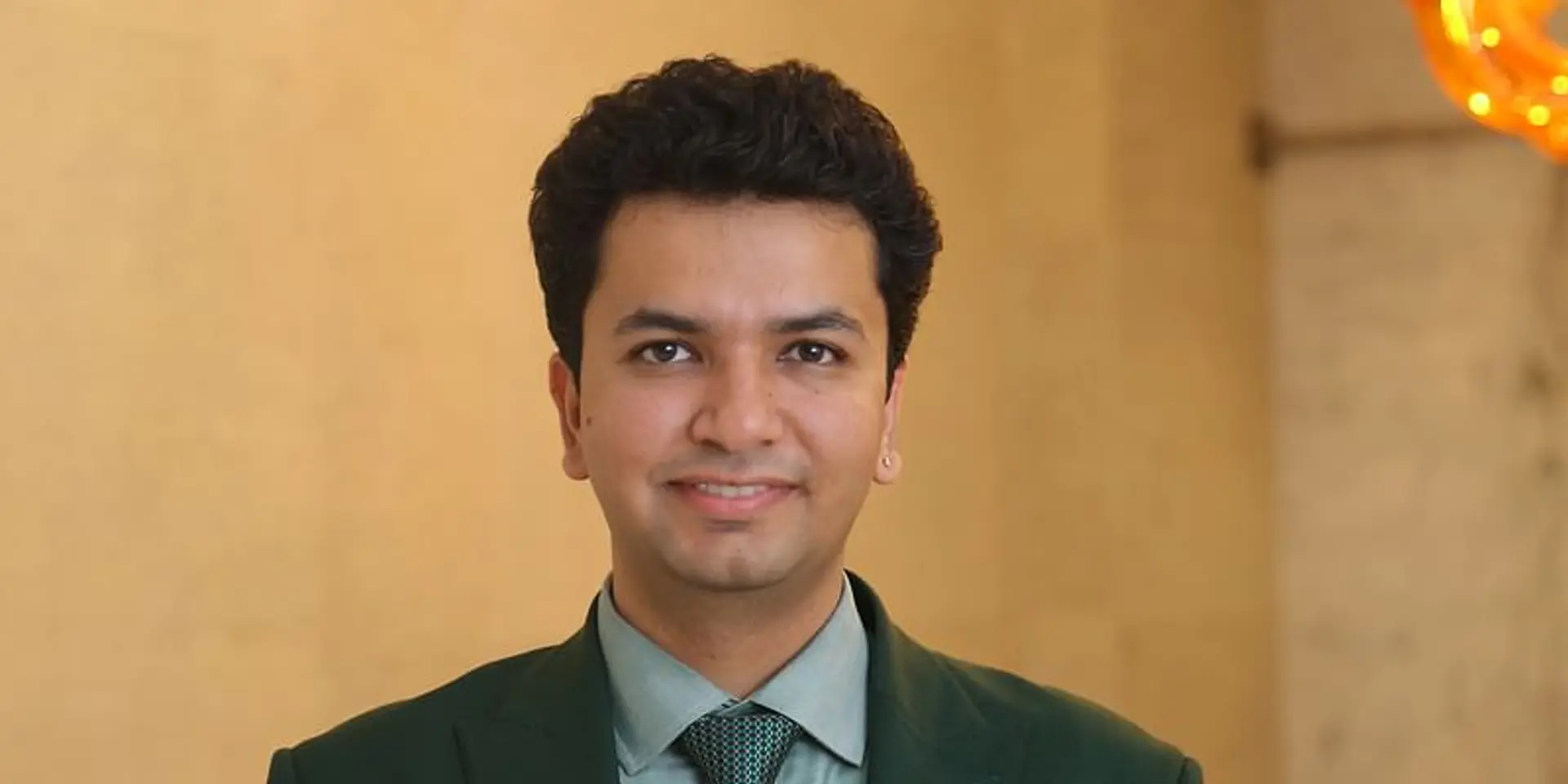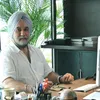Counting GSK, Nestle, Unilever as its clients, this pharma manufacturer is tackling food safety issues with its testing division
Founded in 1985 by first-generation entrepreneur Vijay Arora, Arbro Pharmaceuticals is a pharma products manufacturing company. The company generated a turnover of Rs 75 crore in FY20 and has also garnered repute for its product-testing division.
Saurabh Arora’s grandfather was a dentist and his grandmother, a teacher. When India was partitioned in 1947, the Arora family migrated to Delhi from the newly-formed Pakistan. The state of the economy was such that their son and Saurabh’s father—Vijay Arora—had to help the family to make ends meet by doing odd jobs like selling pens.
Then, at the age of 14, he started trading pharmaceutical raw materials. This helped him with insights into the industry, while also connecting with a network of individuals in the industry. In 1985, Vijay started his own business of manufacturing pharmaceutical products. This is how Arbro Pharmaceuticals Pvt Ltd came into existence.
Started as a small manufacturing company in Delhi, Arbro now employs over 750 people and clocked a turnover of Rs 75 crore in the FY 2019-20. It manufactures 200 products and the company has also garnered some repute for its product-testing division.
Venturing into the testing business
In 1987, the company got an opportunity to export pharmaceutical formulations to Germany. The importers from Germany insisted that Arbro should create sophisticated quality control laboratories to meet their stringent quality requirements. Arbro then procured analytical equipment like gas chromatograph, ultraviolet spectrometer, and few other machines which were considered a luxury in the industry at that time. It even started deploying the fourier transform infrared spectrometer, which is used to identify organic or inorganic materials.
In 2005, Vijay’s son Saurabh Arora joined the business after completing his Master’s in Pharmacy. He later pursued a PhD in the subject as well but until 2005, Arbro Pharmaceuticals was largely into testing and the business operated in an informal manner.
Vijay wasn’t formally introduced into the testing business until Saurabh onboarded the company. Saurabh says that having studied pharmacy, his education became an important tool in terms of providing technical expertise, which the business lacked.
In 2007, the father-son duo launched Auriga Research Private Limited in Delhi which purely focused on testing, inspection, and contract research services. This is owned, managed and led by Saurabh, whereas the manufacturing business is handled by his father.

Why testing is an important industry in India
Testing food and other products is important to ensure that companies adhere to the quality standards.
A report executed by Yes Bank and commissioned by FSSAI titled ‘Metastudy on Food Testing laboratories in India’ reveals that food testing in a country like India “appropriately remains a high priority for industry stakeholders, regulatory agencies as well as the consumers. Food safety issues and the enhancement of health security are of growing national and international concern.” It also adds that there is a need to increase the capabilities of existing laboratories within the states to cater to the requirements of this sector.
Saurabh says infrastructure was a big challenge while establishing the division when they were starting out.
“Most of the sophisticated machinery had to be imported from the US, Europe (including Germany), and even Singapore,” he recalls.
The company also got grants from the government under certain schemes, which helped in balancing the cost.
Today, Auriga conducts testing across various sectors including health, pharma, food, hand sanitisers, medical devices etc. Saurabh says that they have deployed over 15,000 testing methods and count companies like GSK, Unilever, Sun Pharma, Nestle, Amul, Amway etc in their clientele.
Testing will support manufacturing
The Indian testing industry will become a big part of the manufacturing space, notes Saurabh.
He adds, “For a company to establish itself as a trusted player in the manufacturing sector, one of the most important things is to keep the quality of the product in check.”
And to achieve this goal, they need to have a good and reliable testing partner or an internal capability in the organisation that tests and certifies all raw materials being used as well as the final products, he says.
He also says that sometimes the cost of setting up a testing facility can be higher than the cost of setting up a manufacturing unit. “For example, if you want to start a snacks or packaged foods business by investing as little as Rs 10-20 lakh, setting up a testing facility for its products and ingredients as required by the law would require an initial investment of close to Rs 7-8 crore,” he explains. This is true for pharmaceutical, cosmetics, and home care companies.
This is where third-party testing labs like Auriga step in and carry out the processes while optimising the cost for the manufacturers.
Saurabh says that going forward, this industry will become big as quality check agencies like the FSSAI turn stricter.
The rise in demand due to COVID-19 has provided Auriga with the opportunity to venture into the testing of items like PPE kits and hand sanitisers. “Companies have to pass through our testing and get required certifications before claiming things like their sanitisers can kill 99 percent germs or bacteria,” he clarifies.
Saurabh shares that the company, which has a presence in Himachal Pradesh, Karnataka, and Haryana, plans to build testing laboratories in other states like Maharashtra, Gujarat, and Madhya Pradesh. Auriga is also running the National Food Laboratory for FSSAI in public-private partnership in Ghaziabad, Uttar Pradesh.
“There is a lot of scope for the testing industry. Testing is an important tool to convince the customer and thereby, helps in generating demand for a product,” he concludes.
Edited by Kanishk Singh





